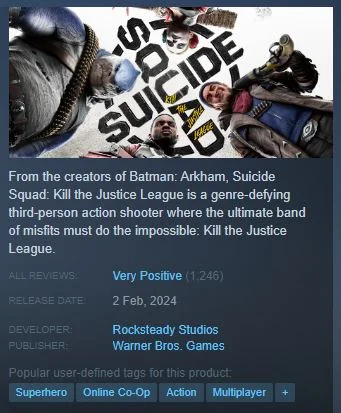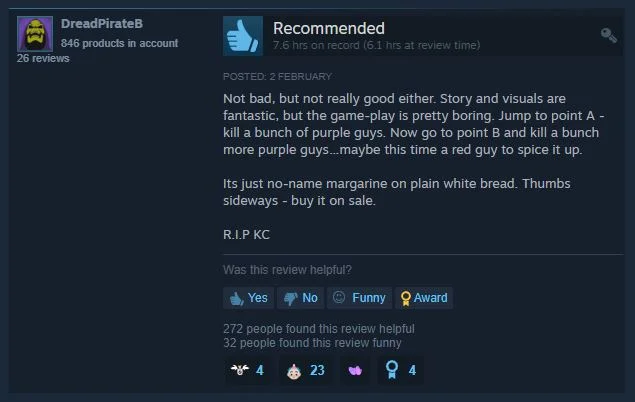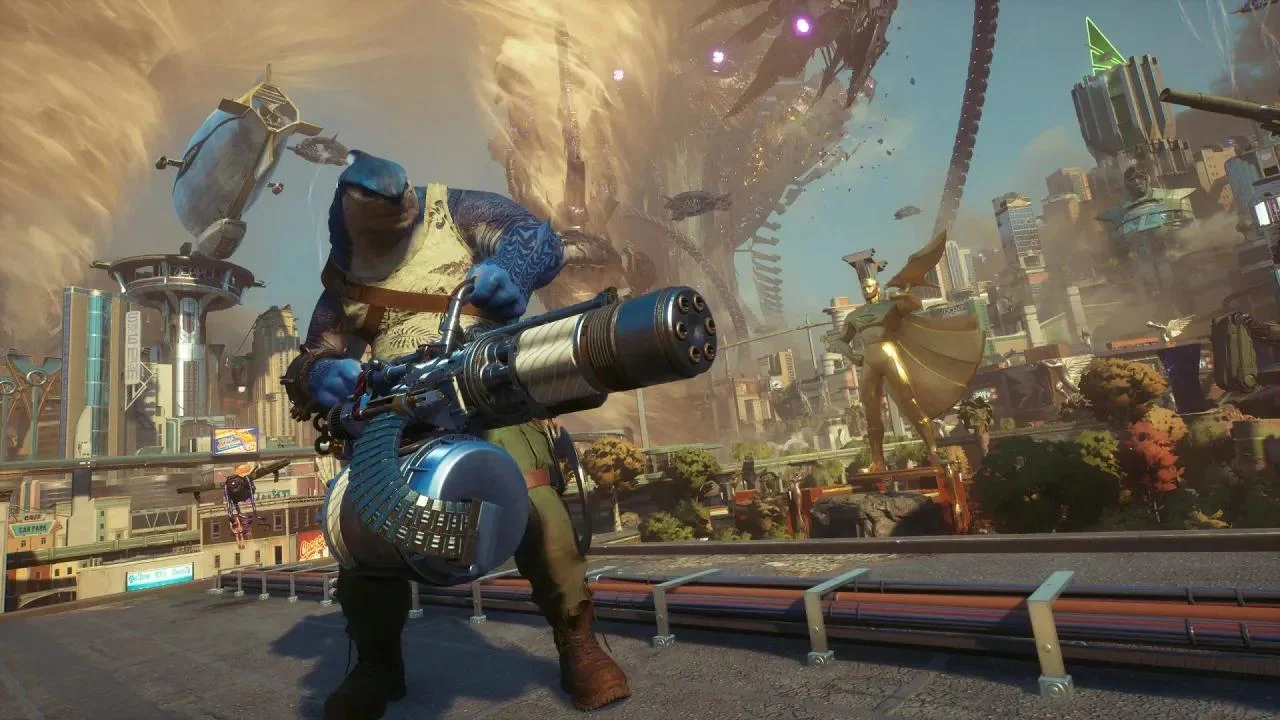Rocksteady Studios, a name synonymous with gaming excellence thanks to the legendary Batman Arkham series, recently navigated through uncharted waters with their latest release, “Suicide Squad: Kill the Justice League.” Despite soaring expectations, the game has been met with a mixed reception, becoming the developer’s lowest-rated title to date. However, an intriguing narrative unfolds on Steam, where the game has paradoxically garnered a “very positive” reception, challenging the broader critical consensus.
The Steam Anomaly: A Beacon of Appreciation in a Sea of Critique
“Suicide Squad: Kill the Justice League” finds itself in a peculiar position. Amid widespread disappointment, its Steam page tells a different story, boasting 1,246 reviews with an impressive 86% positivity rate. This discrepancy raises questions about the game’s reception, suggesting a divide between professional critics and the gaming community. Steam users have found a middle ground, acknowledging the game’s flaws while still finding enjoyment in its core gameplay loop. This split in opinion highlights a fascinating aspect of gaming culture: the difference in valuation between critics and players.

Price vs. Quality: The Heart of the Debate
A significant point of contention is the game’s $70 price tag. Many Steam reviewers have advised waiting for a sale, pointing to various issues such as repetitive gameplay, an unrewarding loot system, technical glitches, and a storyline lacking depth. Despite these criticisms, the game’s fundamentals have been praised, with many Steam users highlighting its enjoyable gameplay, compelling visuals, and entertaining narrative. “The visuals are great, the story is fun, and the gameplay is okay,” notes DreadPirateB on Steam, encapsulating the mixed feelings many have towards the game.

The Critical Disconnect: A Reflection on Expectations and Reality
The disparity between critic scores and Steam reviews opens up a conversation about the expectations set by Rocksteady’s previous successes. While “Suicide Squad: Kill the Justice League” falls short of the high standards set by “Batman Arkham Asylum,” the Steam community’s response offers a glimmer of hope for the title’s future, especially considering its live-service nature. This divergence serves as a reminder of the subjective nature of game reviews and the importance of community feedback in the gaming industry.

Looking Ahead: The Potential for Redemption
Despite its rocky start, “Suicide Squad: Kill the Justice League” could still carve out its niche within the gaming community. The early positive reception on Steam suggests a base of players willing to look beyond its flaws, highlighting the potential for the game to improve and evolve over time. As a live-service game, the opportunity for redemption is tangible, provided Rocksteady addresses the community’s feedback and refines the game’s weaker aspects.
In conclusion, “Suicide Squad: Kill the Justice League” represents a complex chapter in Rocksteady’s storied legacy. While it may not have met the lofty expectations set by its predecessors, the game’s reception on Steam paints a picture of a community willing to embrace its merits. As Rocksteady navigates through this feedback, the future of “Suicide Squad: Kill the Justice League” remains an open question, underscored by the potential for growth and improvement.









